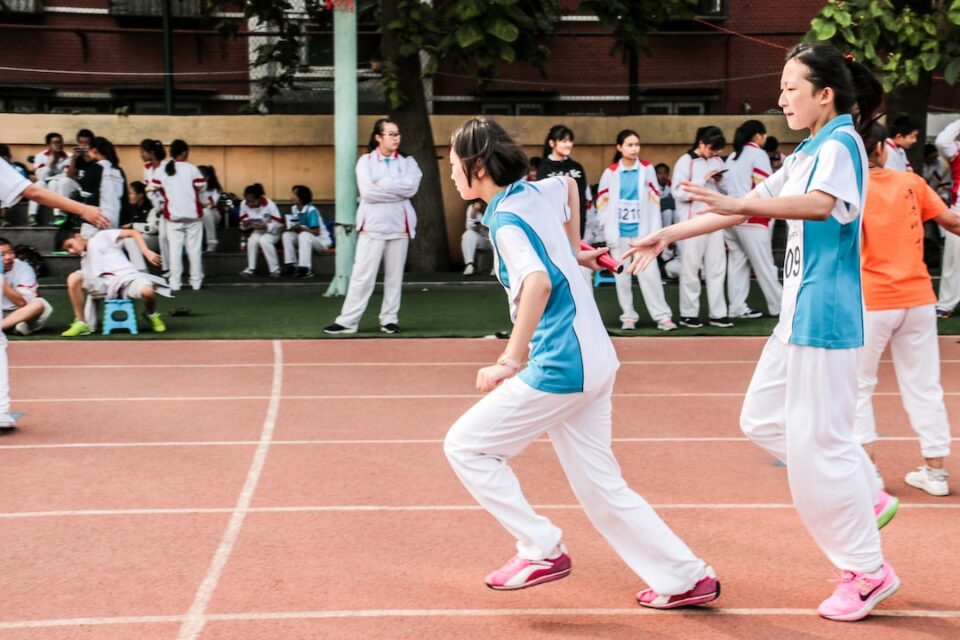The Role of Mental Toughness in Athletics
Athletics is a realm where physical prowess is paramount. Whether it’s sprinting down a track, leaping over a hurdle, or propelling oneself through the water, athletes push their bodies to the limit in pursuit of victory. However, in this highly competitive arena, what often sets the exceptional athletes apart from the rest is not solely their physical abilities, but their mental toughness.
Defined as the ability to persevere and overcome challenges, mental toughness is a key characteristic that distinguishes accomplished athletes from the average ones. It encompasses various psychological skills, including resilience, self-confidence, focus, and control over emotions. These qualities are essential for success in sports, as they allow athletes to maintain peak performance under pressure and bounce back from setbacks.
Resilience is perhaps the most crucial component of mental toughness. Athletes experience numerous obstacles throughout their careers, whether it’s a defeat, an injury, or a personal setback. It is how these athletes respond to these hardships that determines their long-term success. Resilient athletes have the ability to bounce back quickly, learn from their failures, and adapt their approach. They do not dwell on their past mistakes or allow setbacks to define their future. Instead, they use these experiences as opportunities for growth and improvement.
Moreover, mental toughness is closely linked to self-confidence. In the face of fierce competition, athletes must have the belief in their abilities to perform at their best. It is this unwavering confidence that allows them to take risks, seize opportunities, and go after their goals with determination. Self-confidence not only enhances an athlete’s performance but also influences their mindset. A confident athlete is less likely to be intimidated by opponents or succumb to self-doubt during crucial moments, ultimately leading to greater success on the field or track.
Focus is another essential characteristic of mental toughness. In today’s fast-paced world, distractions are plentiful, and it is increasingly challenging to concentrate solely on the task at hand. Athletes, however, must possess the ability to block out external factors and maintain unwavering focus during training and competitions. By honing their concentration skills, they can eliminate unnecessary thoughts and maintain a strong mental presence that is conducive to optimal performance.
Additionally, mental toughness involves control over emotions. It is natural for athletes to experience a wide range of emotions during competitions, from excitement and euphoria to frustration and disappointment. The ability to manage and channel these emotions effectively is what separates successful athletes from the rest. It is important to strike a balance between acknowledging and expressing emotions while not allowing them to negatively affect performance. This emotional control empowers athletes to maintain composure and make rational decisions in high-pressure situations.
Building mental toughness is not an overnight process but rather a continuous effort that requires dedication and practice. Coaches, trainers, and sports psychologists play significant roles in helping athletes develop and strengthen these psychological skills. By utilizing techniques such as visualization, positive self-talk, goal setting, and mindfulness, athletes can train their minds to achieve peak performance consistently.
It is worth noting that mental toughness is not only beneficial in the realm of sports but also translates into other areas of life. The attributes developed through athletic endeavors, such as perseverance, discipline, and the ability to handle adversity, can lead to success in academics, careers, and personal relationships. Athletes with a strong mental game tend to be more resilient and better equipped to navigate the challenges of life.
In conclusion, mental toughness is an integral part of athletic success. Resilience, self-confidence, focus, and emotional control are some of the key components that contribute to an athlete’s mental toughness. By developing these qualities, athletes can rise above challenges and achieve their full potential. Furthermore, the benefits of mental toughness extend beyond sports, shaping individuals into stronger, more adaptable individuals in all aspects of life. So, as athletes strive to push their physical limits, let us not forget the crucial role of mental toughness in their journey towards greatness.


